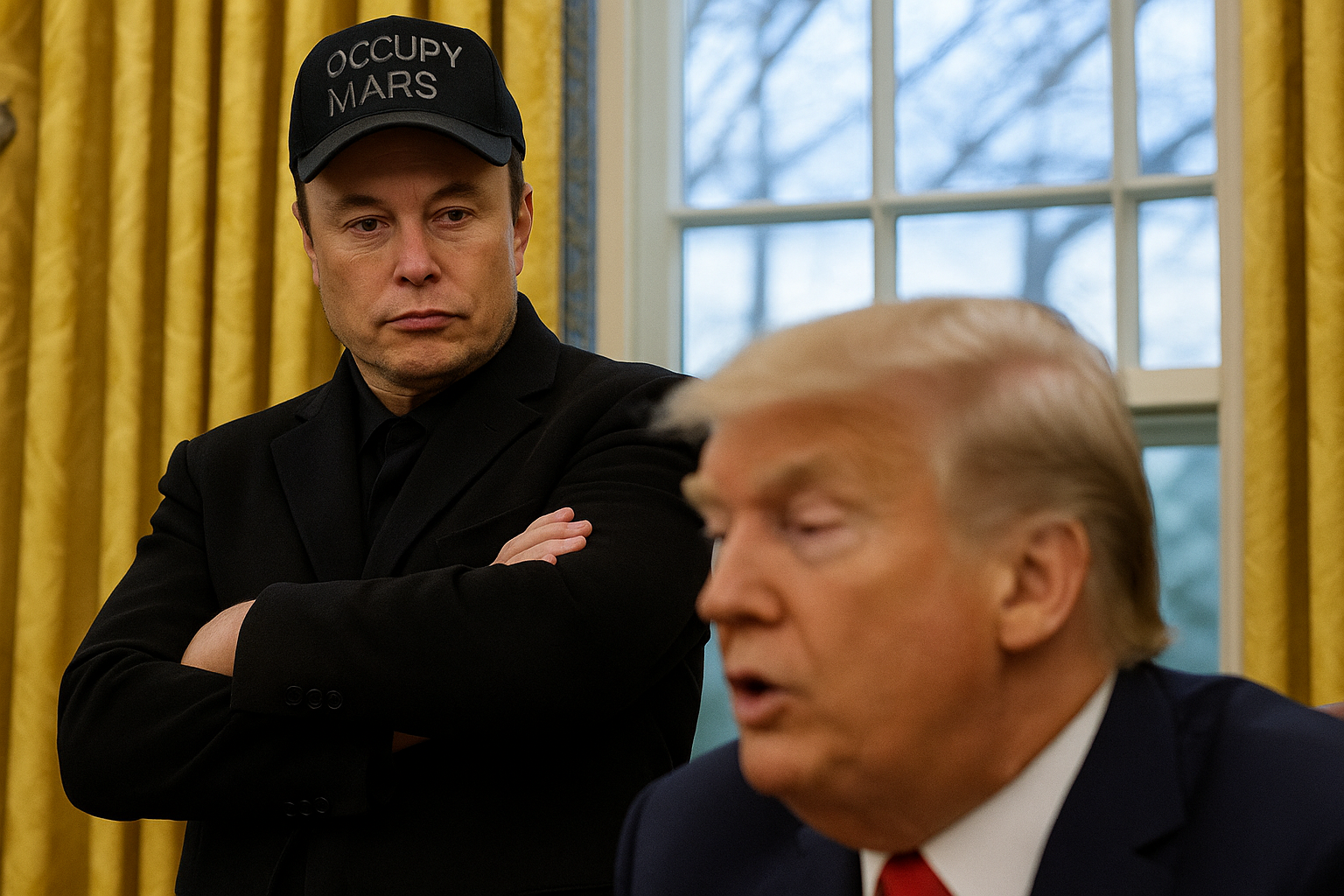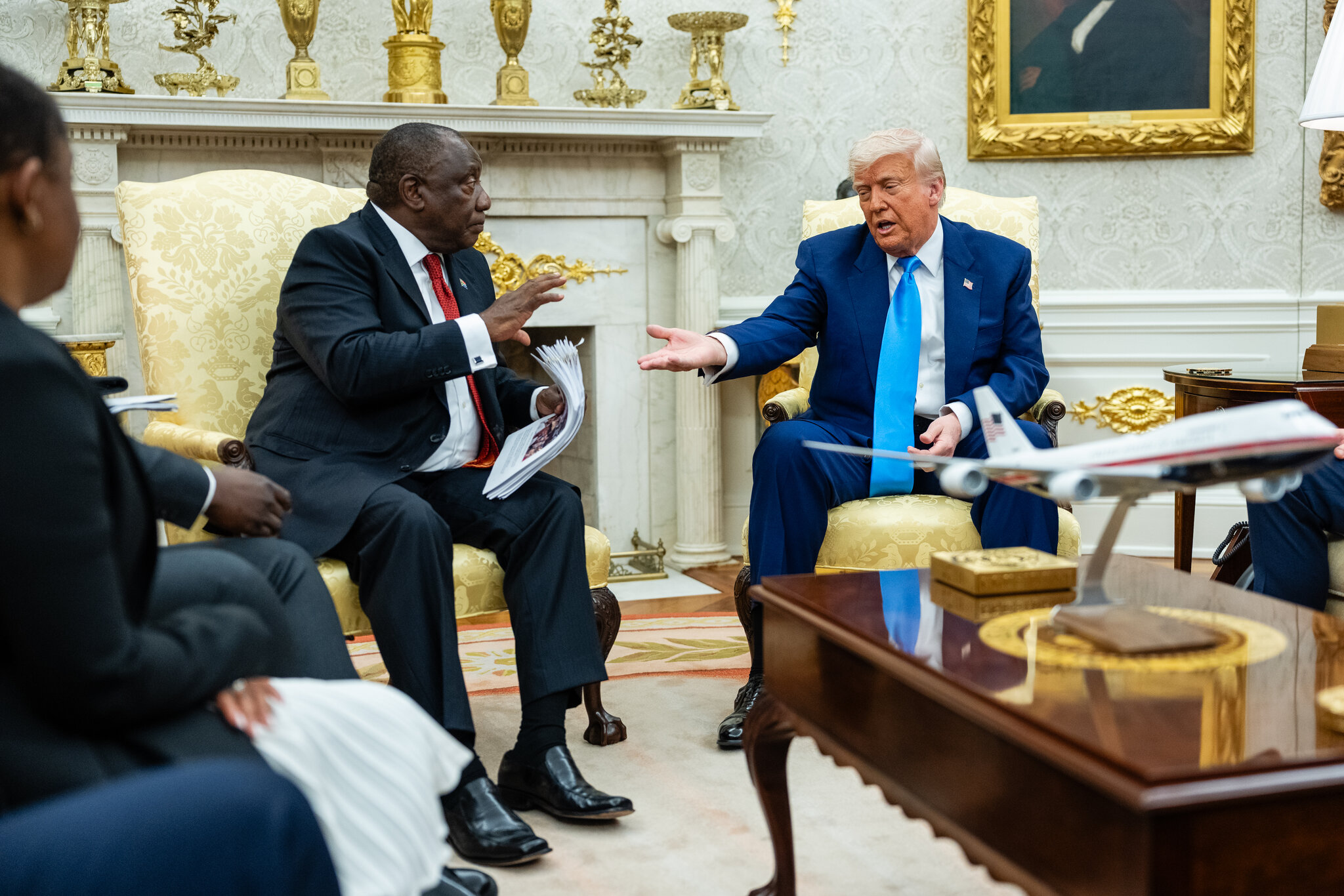Elon Musk Parts Ways with Trump Administration Amid Fiscal Policy Disagreements
Tech billionaire Elon Musk has officially stepped down from his role in the Trump administration, ending a brief but eventful 130-day tenure leading the Department of Government Efficiency (DOGE). The move comes after escalating tensions over President Donald Trump’s newly passed multitrillion-dollar tax and spending legislation—a bill Musk claims undermines efforts to cut wasteful government spending.
Musk Resigns from Government Role After 130 Days
Musk, the CEO of Tesla and SpaceX, had joined the Trump administration as a special government employee tasked with identifying inefficiencies across federal departments. In his official statement posted on X (formerly Twitter), Musk thanked President Trump for the opportunity to serve but made it clear that fundamental policy disagreements made his continued involvement untenable.
“It’s been an honor to serve the American people. However, the recent spending package is not aligned with the fiscal responsibility DOGE was created to uphold,” Musk wrote.
$175 Billion in Savings—Now on Hold
During his time at DOGE, Musk claimed his team had uncovered approximately $175 billion in potential cost savings across the federal budget. His departure casts doubt on whether these efficiency recommendations will ever be implemented.
Sources close to the administration suggest that internal resistance to Musk’s aggressive reform agenda—combined with mounting political pressure from within Trump’s circle—led to his decision to step away.
A Major Political Shift for Musk
Elon Musk has been one of the most influential business figures in Republican fundraising. In 2024 alone, he donated nearly $300 million to Trump’s reelection campaign and other GOP causes. Yet his exit signals a broader retreat from direct political involvement.
According to insiders, Musk has informed close allies that he plans to reduce his political donations going forward and shift his focus back to his companies and innovation projects.
“I believe in efficient governance, not bloated bureaucracy,” Musk told reporters. “My time is better spent building the future.”
The Trump Administration Reacts
While the White House publicly praised Musk’s contributions, reports indicate that several senior officials saw him as a growing political liability. Some questioned his loyalty after his vocal criticism of the “Big Beautiful Spending Bill,” as Trump has described the legislation.
Despite the split, Musk’s departure was reportedly amicable. Trump himself thanked Musk for his service, although he did not directly address the fiscal disagreements.
What’s Next for Elon Musk?
Now free from government constraints, Musk is expected to dive deeper into his work at Tesla, SpaceX, Neuralink, and X.AI. He has also hinted at launching a new initiative focused on government transparency and fiscal responsibility, although details remain scarce.
Musk’s high-profile resignation is likely to influence ongoing debates around federal spending, budget reform, and the future of public-private partnerships in Washington.
Final Thoughts
Elon Musk’s departure from the Trump administration marks a significant turning point in the relationship between Silicon Valley and conservative politics. While his presence brought a dose of innovation to Washington, his exit highlights the growing divide between business-minded reformers and traditional political operatives.
As fiscal policy becomes a central issue ahead of the 2026 midterms, expect Musk’s voice to remain loud—even if it’s no longer coming from inside the government.



